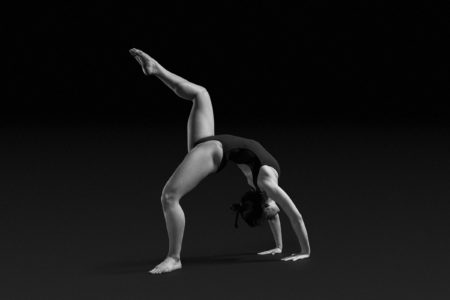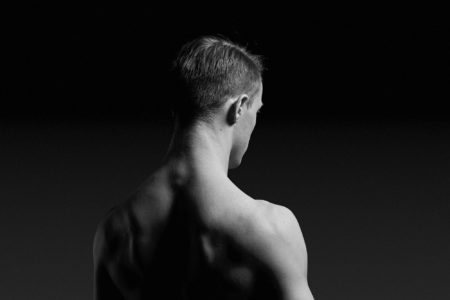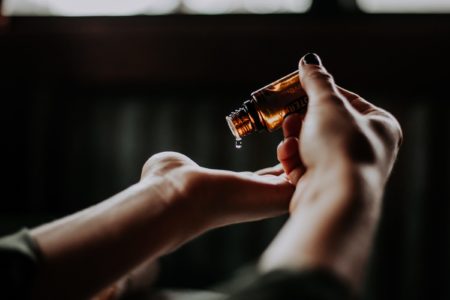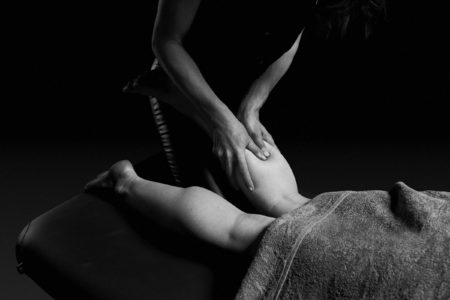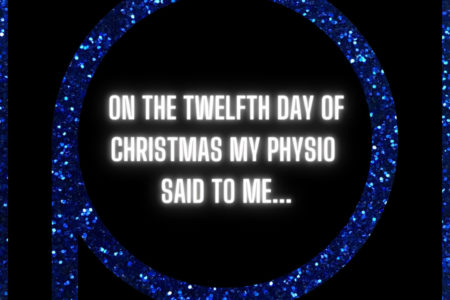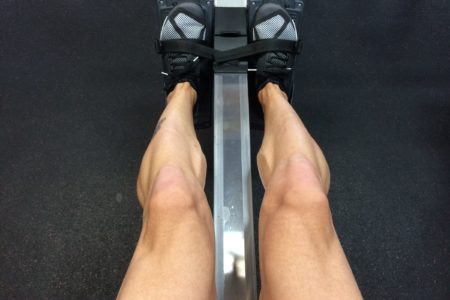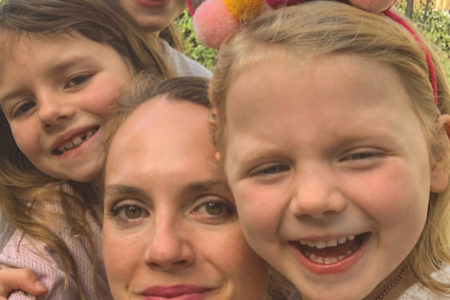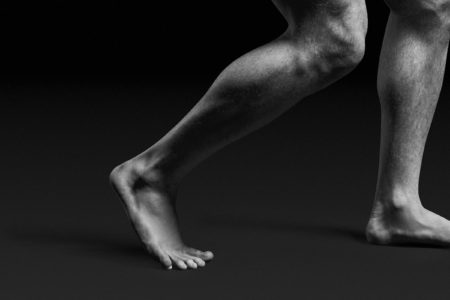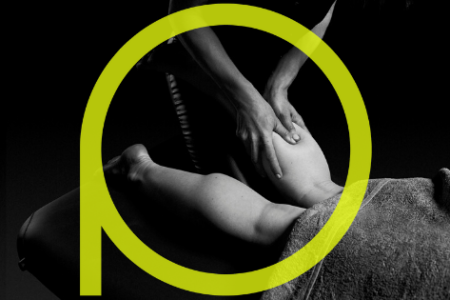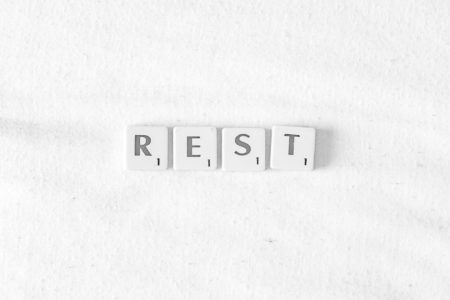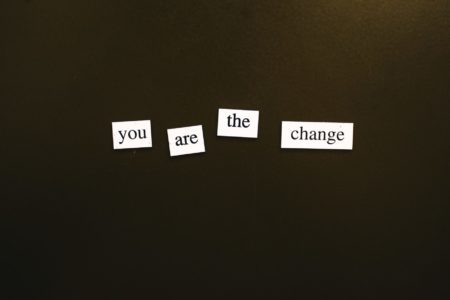Suite 3, Ground Floor, The Gateway,
312 St Kilda Road, Southbank, VIC, 3006
Circus Injuries
Are you passionate about aerial work, acrobatics, hand balancing, juggling, hula hoops, contortion, stunts, parkour, or dream of being a ninja?
Whether you are a professional performer, an amateur, a student working towards a professional career, or just enjoy the thrill of circus classes for exercise, honing skills in the circus arts requires a lot of training. As with all physical activity there is a chance that your body will experience aches and pains from training, and sometimes possibly injury. Performance Medicine can help you maintain your body for these disciplines, by providing expert assessment, injury rehabilitation and body maintenance – avoid circus injuries.
Some common circus artist concerns are:
- Shoulder pain or subluxation
- Dorsal wrist impingement
- Managing hypermobility
Shoulder subluxation
Shoulder joint subluxation (partial dislocation) is not an uncommon circus injury, in particular in hanging, catching or apparatus with heavy load and torsion through the shoulders. Circus training is often repetitive and this in conjunction with a hypermobile body and shoulder with higher forces can create fatigue and subluxation.
If you experience subluxation you may experience a sensation of instability, pain and weakness. If you are experiencing episodes of instability in your shoulder joint, it is important to ensure you seek an expert practitioner that understands the demands of your art. Your rehab should address the shoulder girdle, thorax and whole kinetic chain. Issues can arise form not just the deep rotator cuff and muscles but also the larger global muscles that add strength and power to the shoulder girdle.
Dorsal Wrist impingement
Dorsal wrist impingement is common in apparatus such as silks, hand balancing, chinese pole or any activity where there is repetitive wrist extension. You may experience pain in the back of the wrist with weightbearing (including hand to hand) and movements into wrist extension. This can be from inflammation or thickening of the joint capsule and tissues surrounding the multiple joints in your wrist. Initially, your wrist pain may be manageable but it can become increasingly sore and be difficult to recover from. If you are experiencing wrist pain, it is important to look at your technique with your coach and the amount of repetitive load you are putting into your wrist. Physiotherapy treatment can assist to diagnose and treat your pain and provide you with a strengthening rehabilitation program to unload your wrist. Your physiotherapist will work together with your coach to manage your loading and any technique issues.
Managing hypermobility
Hypermobility is very common in all types of circus performers, especially contortionists and acrobats. If you have a hypermobile body it is important to know how adding load (either strength or flexible load) to your body will affect you. Activating deep postural muscles, releasing specific tight areas only and keeping strong are key components to keeping your body healthy and avoid circus injuries. Over stretching may inhibit your muscles’ ability to activate with strength and therefore overstretching should be minimised. You may also experience other aspects of hypermobility including gut issues and breath restrictions.
Performing Arts Physiotherapy treatment can assist with you learning about your body, pain relief and creating strengthening self management tools. Our team also offer a variety of release techniques including cupping or dry needling with our myotherapists or remedial massage therapists. They will utilise treatment that provides specific release without “over releasing” all your muscles and the activation you need to be strong.
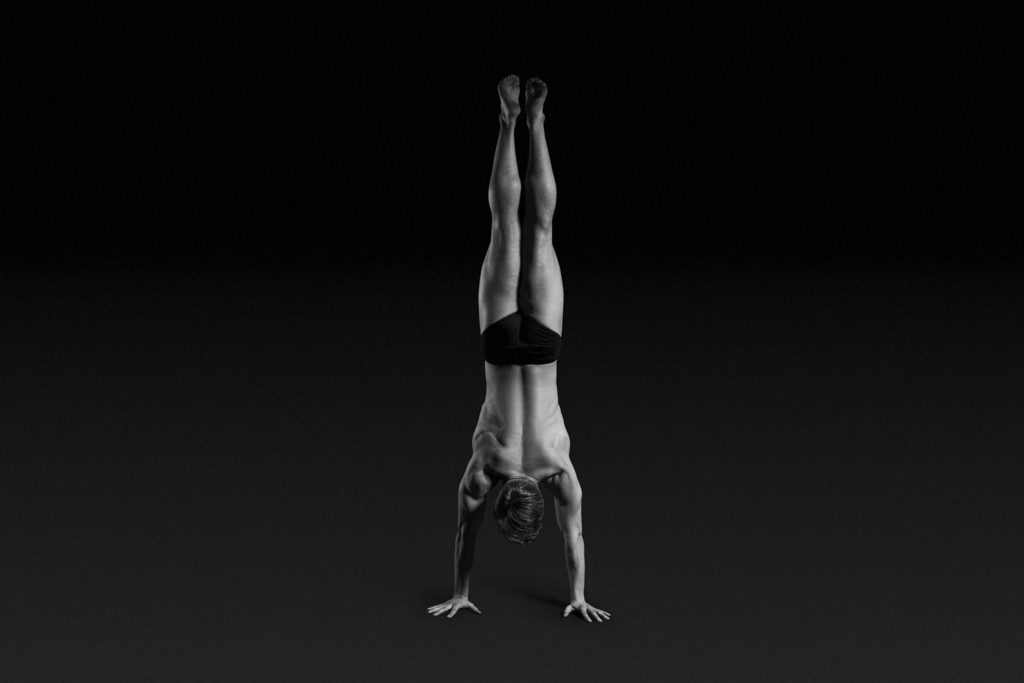
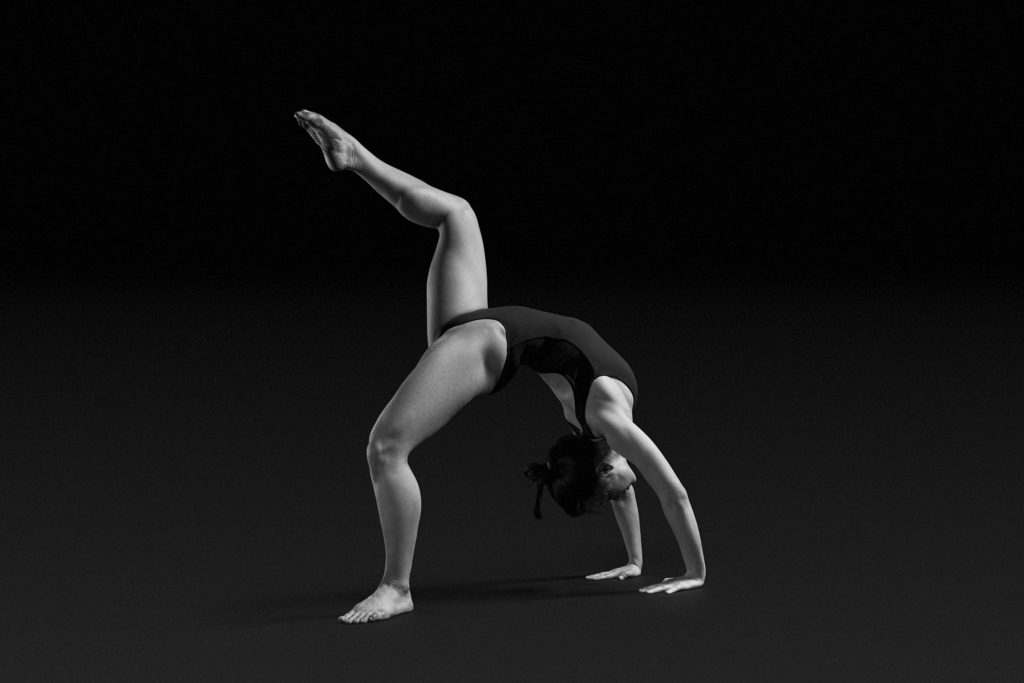
Related Practitioners
Dr Suleiman Halabi (he/him)
Sports Doctor - M.B.B.S.
Rhea Torres (she/her)
Physiotherapist - DPT. BNSc. BSc.
Annie Strauch (she/her)
Managing Director - Titled Physiotherapist - MACP
Nino La Scala
Titled Physiotherapist
Letitia Reus (she/her)
Physiotherapist - APAM
Elissa Petesic (she/her)
Physiotherapist - APAM
Emily McLean (she/her)
Physiotherapist - B.Physio Adv. (Hons), Masters of Sport Physio
Stephanie Zamoyski (she/her)
Senior Physiotherapist - B..HthSci & M.Phty
Maria Anagnostou (she/her)
Clinical Director Sydney - Titled Physiotherapist, MACP
Zeba Haroon (she/her)
Physiotherapist
Chris Minto (she/her)
Senior Physiotherapist
Polly Dhar (she/her)
Senior Physiotherapist - APAM
Nicole Reynolds (she/her)
Senior Physiotherapist - APAM
Stacey Kipouridis (she/her)
Physiotherapist - APAM
Catherine Etty-Leal (she/her)
Clinical Director Melbourne - Titled Physiotherapist, MACP
Luca Negri (he/him)
Myotherapist
Hayley Montgomery (she/her)
Remedial Massage/Myotherapist

